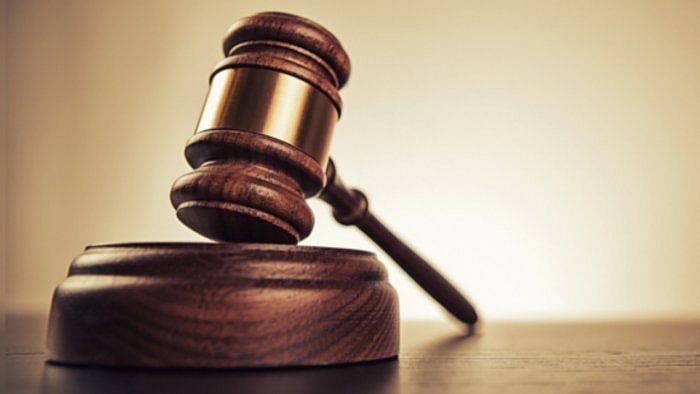
The appointment of advocate L Victoria Gowri as an Additional Judge of the Madras High Court raises important questions about the suitability of persons for appointment to the higher judiciary and about the method of appointment.
Victoria Gowri has not only held high office in a frontal organisation of the BJP but has in the past made vitriolic hate speeches against the minorities. The fact that the hate speeches pointed out have now been made inaccessible to the public says it all. It is not wrong to appoint as a judge a person with a political bias. Lawyers with known political leanings have made good judges.
One of the country’s most eminent jurists, V R Krishna Iyer, was a minister in Kerala’s communist government in 1957. But in the instant case, the issue is not Victoria Gowri’s political views, it is her prejudices and hate speech, which make her credentials questionable. A lawyer who has a political bias is not in violation of any law, but Victoria Gowri’s pronouncements were in violation of the spirit, if not the letter, of the Constitution.
Her pronouncements against the minorities had created reasonable ground to think that she would not deliver justice fairly and without discrimination. That should have made her unsuitable for the position.
The appointment of such a person as an additional judge also reveals the government’s interests and motives behind the pressure it is putting on the Supreme Court collegium and the court itself in the matter of judges’ appointments. It is clear that the campaign against the collegium system is aimed at being able to appoint persons who are committed to the ruling dispensation’s ideology in judicial positions. The circumstances of Victoria Gowri’s appointment show this.
Intelligence reports about sexual orientation of persons or about sharing a social media post have been used to hold up appointments. Somasekhar Sundaresan, whom the government said was critical of its policies, has not yet become a judge in the Bombay High Court. But there was no intelligence obstacle for Victoria Gowri. The government also announced the appointment of Gowri within minutes of the Supreme Court saying that it would consider petitions against her appointment.
The collegium also should share the blame for the nomination and appointment of a person with Victoria Gowri’s controversial credentials. Its scrutiny obviously failed, perhaps because the intelligence report on her was flawed. The Supreme Court bench which heard petitions against her appointment at the last minute said that it could not go into the suitability of the person for the position at that stage and could not review the collegium’s decision. The government came out on top through the controversy.
